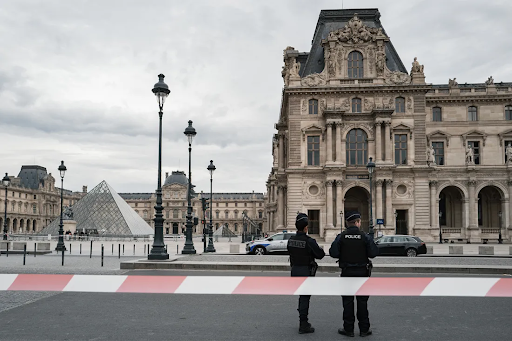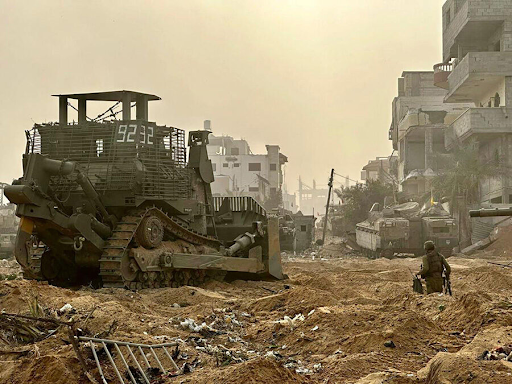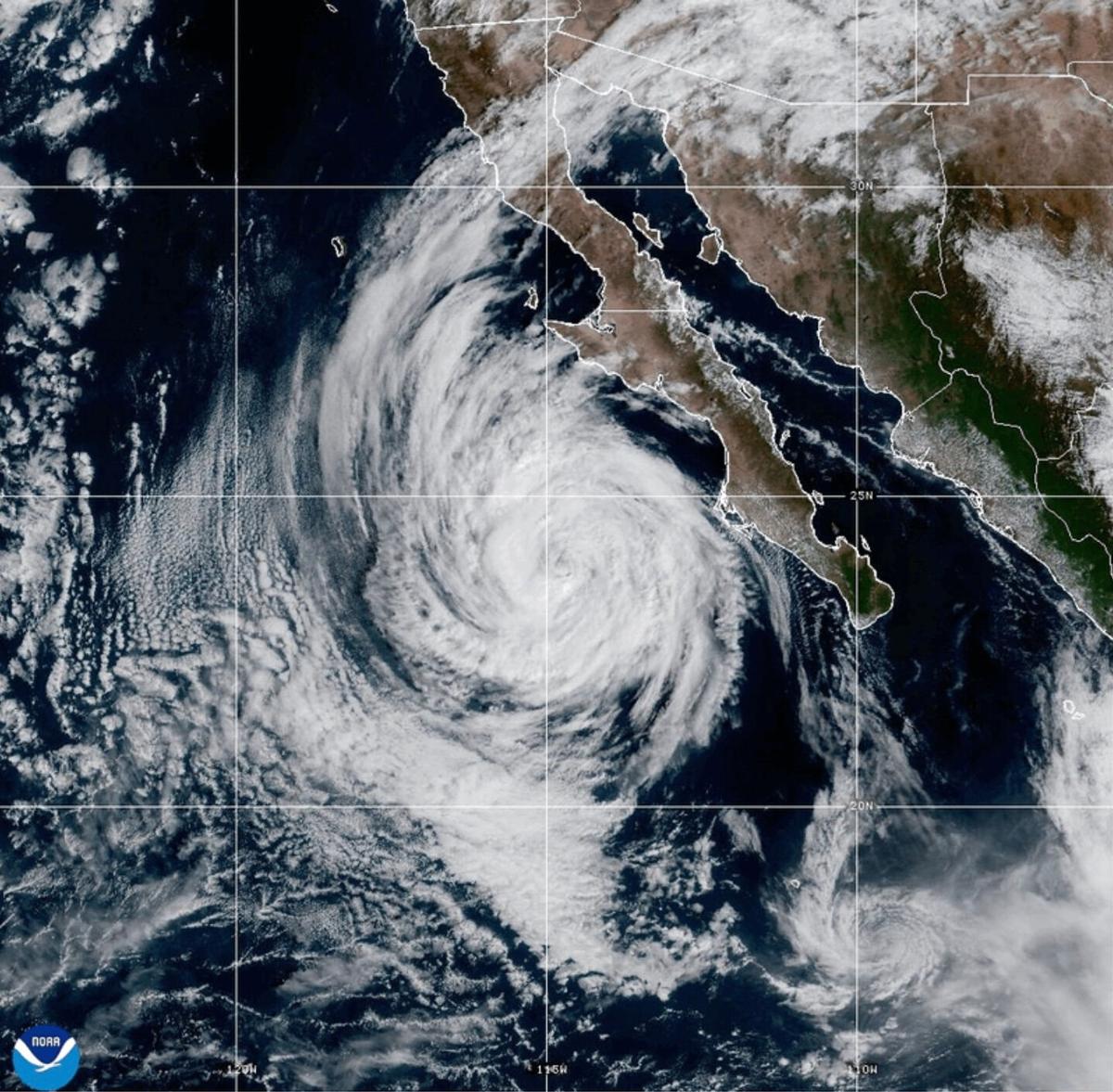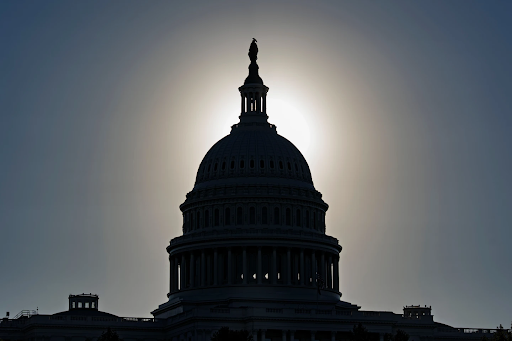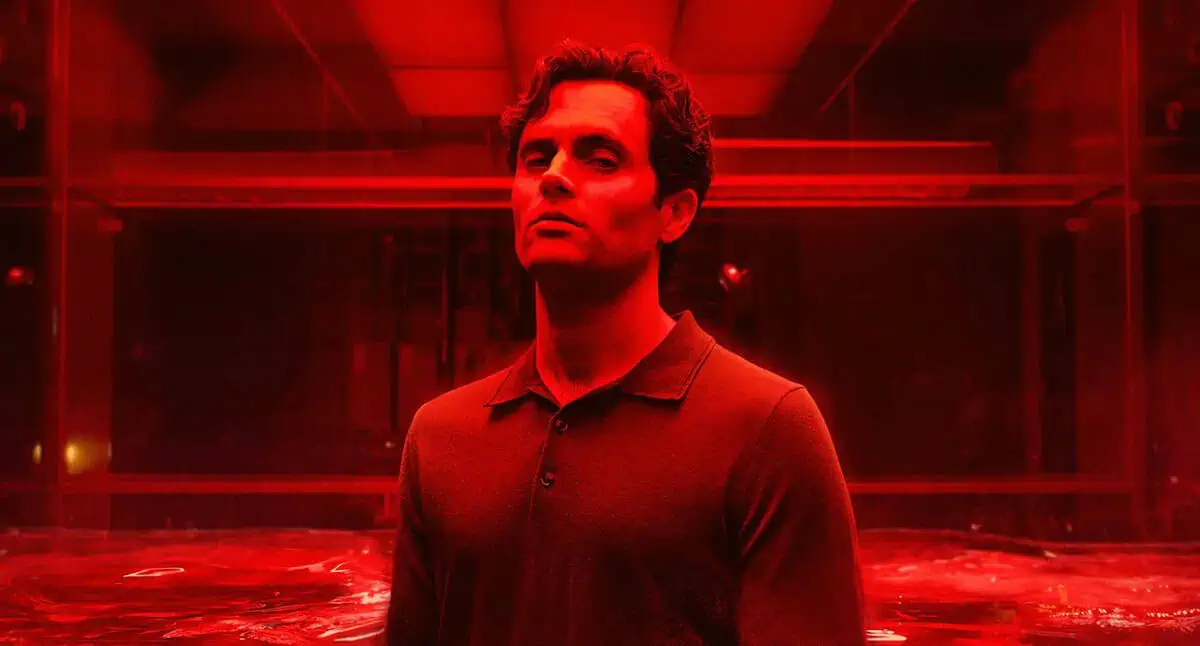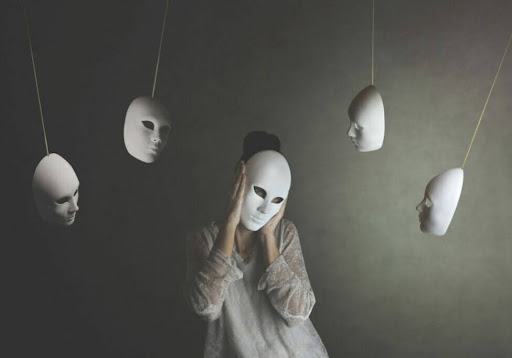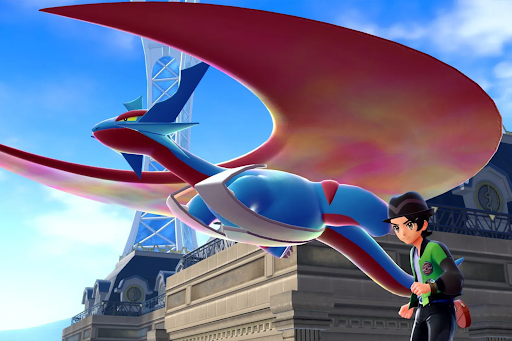University administrations are faced with a critical decision to preserve the fundamental rights of Americans and let chaos reign or enforce law and order and trample on the rights of their students and faculty. According to AP News, pro-Palestinian demonstrators occupied Hamilton Hall, a building on the Columbia campus, early Tuesday, April 30. Already the school had threatened students with suspension if an encampment established to protest the college’s support of Israel had not been vacated by Monday, April 29 at 2 p.m. EST. The University of Columbia has already released a statement saying all students occupying the building face expulsion from the school. At the University of Texas, clashes between police and Palestinian demonstrations have begun. The Hill reports that state troopers clad in riot gear confronted the demonstrators on April 29 at the University of Texas, only heating up tensions that started last week on April 24 when pro-Palestinian protest attempted to set up an encampment.
So where do universities draw the line: when lives are threatened, when buildings and parts of campus are occupied, or when learning is disrupted? In an interview with NPR, the Chancellor of Vanderbilt University, Daniel Diermeier, discussed an event that happened at Vanderbilt in which three students were arrested after entering a restricted building and harming a security guard in the process. Diermeier stated that while Vanderbilt is a school that supports an open forum, any sort of speech that causes harm to others or breaks the law should be punished. While it’s obvious that exercising one’s free speech should not cause harm, the exercising of free speech should be allowed to cause disruption, including the disregard of the law when the time permits.
I am a firm believer in the rule of law, but I also believe in the rights and liberties outlined in the Constitution. According to CNN, colleges have decried this as disruptive, the greatest compliment that can give to those exercising free speech. Were not the non-violent demonstrations of the Civil Rights era ‘disruptive’? Did not Mahatma Gandhi advance Indian independence with civil disobedience, peacefully breaking laws to bring attention to his cause? Many have decried the protests as disruptive, and NBC reported that Columbia called the demonstrations ‘disruptive to campus life.’ As Martin Luther King Jr. wrote in his “Letter from a Birmingham Jail,” nonviolent direct action makes people confront an issue that they would otherwise ignore by creating constructive tension in society.
In 1964, the New York Times asked whether breaking the law is just when those laws are unjust. There is no simple answer; but, in a nutshell, when democracy has failed to uphold the rights of men and oppressors have absolute control, then yes the oppressed do have the moral responsibility to disobey unjust laws. But who decides what laws are just and unjust? Who decides when democracy has failed? How do we know who is right and who is wrong?
While my beliefs do not align with many of the protesters and demonstrators beliefs, by ‘disrupting’ college life and learning, these demonstrators are not debasing themselves but rather showing their commitment. While there still must be consequences for the breaking of the law, and free speech should never end with lives being in danger, it is important to consider that this should be the aim of free speech. Demonstrations over injustice should not be polite, and they shouldn’t bend to the wishes of those who set in place those injustices. Free speech should be disruptive, chaotic, and must capture the attention of the wider public. These incidents also reiterate the importance of an informed populace to decide for themselves who is in the right. When it comes to the rights of demonstrators and the debate between justice and order it is always important to ask “what if I were those people, and what if they shared my values and beliefs?” It is always imperative that liberty and freedom be defended even when it can be uncomfortable.



